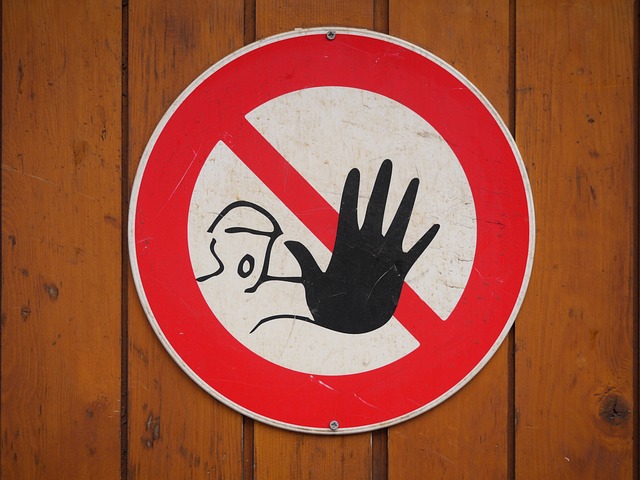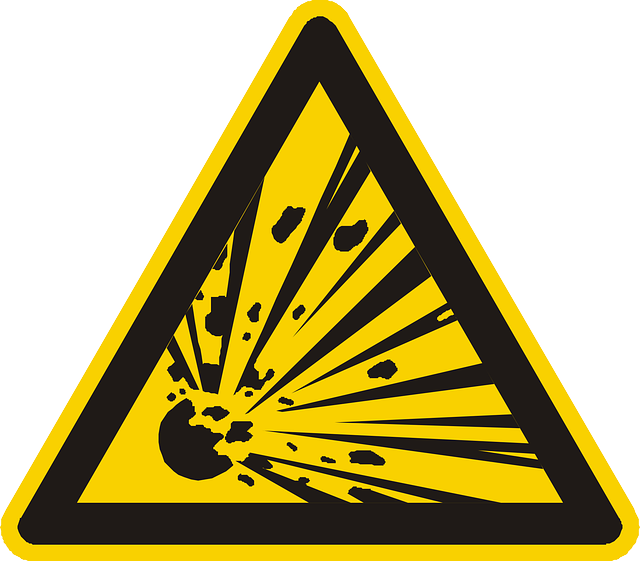In the competitive retail sector, adhering to stringent background check regulations is crucial for protecting consumers, maintaining brand integrity, and building trust. Retail industry compliance involves rigorous verification of employee backgrounds, staying informed about legal requirements like FCRA, and implementing robust internal policies. Effective strategies include staff training on ethical hiring practices and keeping up with federal, state, and local laws. Strict background checks reduce risks of hiring individuals with malicious intent, ensuring a safer workplace and enhancing customer trust. Retail businesses must adopt advanced screening processes, utilize reliable digital tools, and train hiring managers to interpret results objectively, all while meeting legal obligations for retail industry compliance.
In today’s dynamic retail landscape, ensuring employee safety and adhering to industry compliance requirements are paramount. Comprehensive background checks play a pivotal role in safeguarding businesses and customers alike. This article delves into the essential aspects of retail industry compliance, exploring why thorough background screenings are crucial for maintaining a secure environment. We’ll guide you through the process, from understanding legal implications to leveraging digital tools, ensuring your business stays protected.
- Understanding Retail Industry Compliance Requirements
- Importance of Background Checks for Employee Safety
- Types of Information Gathered in Background Checks
- Legal Implications and Regulations to Follow
- Implementing Effective Screening Processes Internally
- Benefits and Challenges of Digital Background Check Tools
Understanding Retail Industry Compliance Requirements

In the dynamic and competitive landscape of the retail industry, ensuring compliance with background check regulations is paramount. Employers must navigate a web of federal, state, and local laws designed to safeguard consumers and businesses alike. Understanding these requirements is crucial for retailers to mitigate risks, maintain a positive brand image, and foster trust among customers and employees.
Retail industry compliance involves meticulous verification of potential staff members’ backgrounds, including criminal history, employment verifications, and reference checks. Staying abreast of evolving legal mandates, such as the Fair Credit Reporting Act (FCRA) in the U.S., is essential to ensure lawful and ethical practices during the hiring process. Retailers must also implement robust internal policies and training programs to promote a culture of integrity and accountability among their workforce.
Importance of Background Checks for Employee Safety

In the retail industry, ensuring employee safety is paramount. Comprehensive background checks play a crucial role in protecting both staff and customers within this dynamic environment. By conducting thorough screenings, retailers can mitigate potential risks associated with hiring individuals with a history of violence, theft, or other criminal activities. These checks are essential tools for maintaining a secure workplace, preventing incidents that could harm employees or disrupt store operations.
Retail industry compliance with strict background verification processes fosters an environment where staff members feel secure and customers trust the establishment. It acts as a deterrent to individuals with malicious intent, promoting a safer shopping experience. This proactive approach not only complies with legal requirements but also demonstrates a commitment to the well-being of everyone involved in the retail sector.
Types of Information Gathered in Background Checks

Background checks for retail staff typically gather a range of information essential for ensuring retail industry compliance. This includes criminal history, which can reveal any past offences or convictions, providing insights into an applicant’s potential risk to business and customers. Additionally, these checks often include verification of employment history, allowing employers to assess the candidate’s reliability and work ethic based on their previous roles.
Education and reference checks are also integral parts, offering details about the applicant’s qualifications and character references. This multifaceted approach ensures that retailers can make informed decisions, balancing the need for security with the demand for diverse skill sets, ultimately fostering a safe and productive retail environment while adhering to industry standards and regulations.
Legal Implications and Regulations to Follow

The retail industry, like many others, is subject to stringent regulations regarding background checks to ensure a safe and secure environment for customers and staff. Non-compliance can result in severe legal consequences, including financial penalties and damage to the business’s reputation. Employers must adhere to relevant laws and guidelines when conducting background screenings, which vary across jurisdictions but generally include verifying identity, criminal history, and previous employment details.
Retail businesses should implement a comprehensive strategy for retail industry compliance that involves thorough screening processes, maintaining accurate records, and staying updated on changing legal requirements. This includes obtaining consent from applicants, using reputable third-party vendors, and ensuring the secure handling and storage of sensitive data. By embracing these practices, retailers can mitigate risks, foster trust, and contribute to a positive and safe working environment.
Implementing Effective Screening Processes Internally

Implementing effective screening processes internally is paramount in the retail industry for ensuring compliance and maintaining a safe working environment. Retailers should adopt robust background check procedures that go beyond standard employment verifications. This involves thorough reviews of applicants’ criminal histories, utilizing reliable data sources to gain an accurate picture of their past conduct. By integrating advanced technology, such as digital identity verification and automated screening tools, retailers can streamline the process while minimizing errors and biases.
Moreover, internal training programs should equip hiring managers with the skills to interpret background check results sensitively and objectively. This includes understanding the nuances of different criminal records and their relevance to job roles. Such training fosters a culture of responsible hiring, ensuring that businesses meet legal obligations while also safeguarding customer and employee safety in the dynamic retail landscape.
Benefits and Challenges of Digital Background Check Tools

Background check tools have evolved significantly with the digital age, offering a range of benefits for the retail industry in terms of enhanced security and improved compliance. These online platforms streamline the process by allowing employers to access comprehensive databases and verify employee information efficiently. With just a few clicks, retailers can check criminal records, employment history, and education, ensuring they make informed hiring decisions. This digital approach not only saves time but also reduces human error in manual verification.
However, challenges exist, particularly regarding data privacy and accuracy. As more sensitive information is shared online, securing client and candidate data becomes paramount. Retailers must ensure compliance with relevant data protection regulations while using these tools. Moreover, the accuracy of digital records can vary, leading to potential errors or missed red flags. Therefore, a thorough review process remains essential, even when leveraging advanced digital background check systems.






